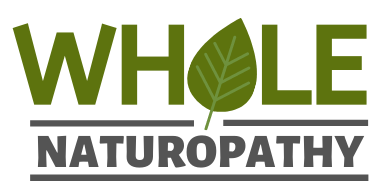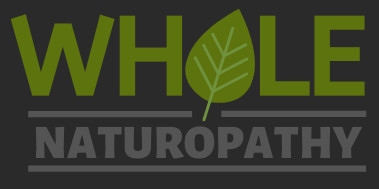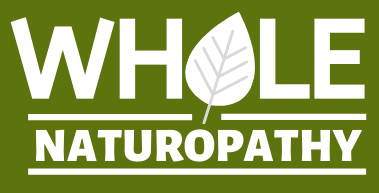
Awake – wrestling with the restlessness
Insomnia includes trouble initiating sleep, maintaining sleep or early waking. It could be debilitating, or maybe it just affects your ability to function.
According to the Sleep Health Foundation, whilst only 15% of Australia adults the symptoms of clinical insomnia, over half of us suffer from sleep symptoms which affects quality of life.
Primary insomnia is caused by a range of issues such as HPA (hypothalamic-pituitary-adrenal) axis hyperarousal usually as a result of chronic stress; circadian rhythm abnormalities; GABA (gamma-aminobutyric acid) dysregulation; and other excitatory pathways. Secondary insomnia is as a result of medical conditions, medications, and dugs (including alcohol, coffee and nicotine).
If you’re too switched on when you hit the pillow, try the following before going to bed:
- Don’t drink caffeinated drinks after midday
- Talk to someone about your worries
- Spend 30-60 minute before bed relaxing away from a screen
- Spend time in the morning in the sunlight and limit blue light in the evening
One thing that I see commonly in clinical practice is waking regularly around 3-4am, for some people it’s just for a quick trip to the bathroom, but for others, it can disrupt the sleep cycle enough to keep them awake for quite a while after. 3-4am is the time of night when your liver is involved in digestion, and I rarely see a case of this that isn’t resolved by taking herbs to strengthen and restore the liver. Since the liver is one of the main organs involved in detoxification, if it’s not functioning efficiently, it can struggle to process the drugs, hormones, and other toxins. To help with liver function, foods such as green leafy vegetables and berries are high in antioxidants and which can help with detoxification.
If you wake at any time during the night:
- Limit alcohol to just one drink
- Exercise during the day
- If you wake with a ‘busy mind’, spend some time journalling about your stressors the next day
- If it’s 3-4 am, come and see me for some liver herbs
Along with herbs for the liver, nervous system tonics, adrenal tonics, and sedative herbs may be really helpful and these as discussed in a naturopathic appointment.
If you are experiencing high stress, magnesium glycinate can really calm the nervous system. I have also seen great results with homeopathy which is prescribed depending on individual symptoms: with sleeplessness from joint pain, to restless leg syndrome, and a busy mind.




